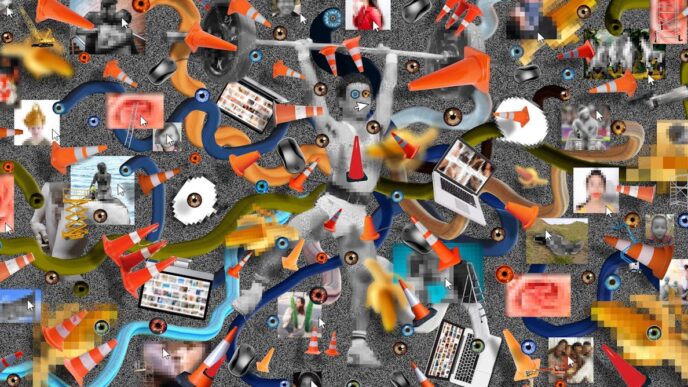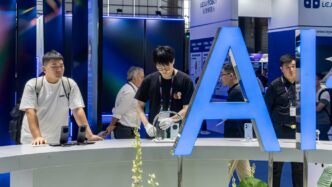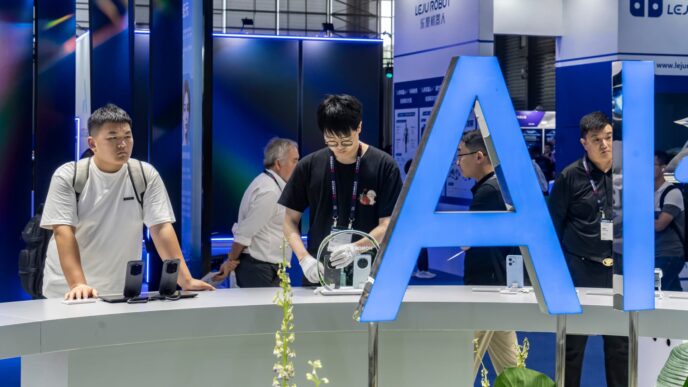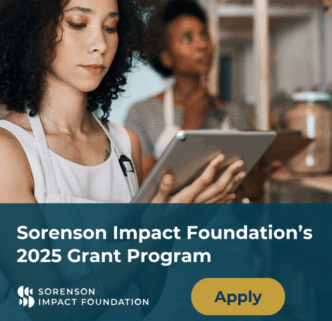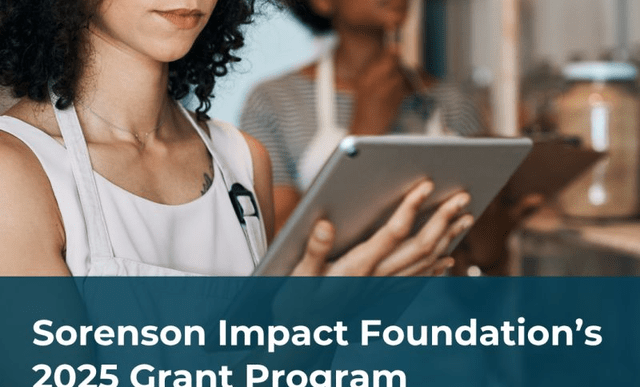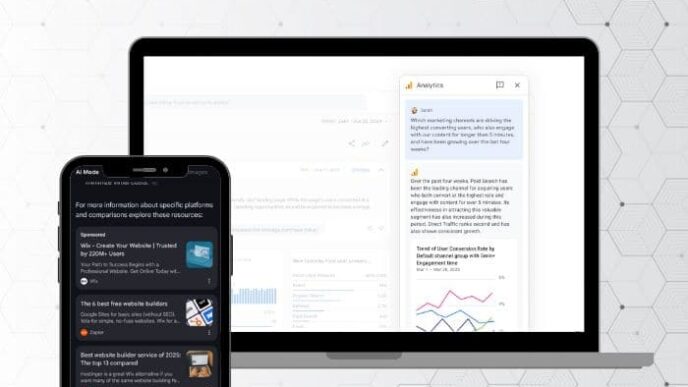Okta warns AI adoption in APAC is hitting a wall—user trust is tanking.
The recent Auth0 “Customer Identity Report 2025” shows 70% of users still want human interaction over AI agents. Privacy and security fears are driving this backlash—60% worry about AI handling their digital identities.
Nearly half of registration attempts in APAC are flagged as attacks. Cyber threats keep rising. IBM’s “X-Force Threat Intelligence Index 2024” points out APAC faces a third of all global cyberattacks now.
Meanwhile, businesses deploy AI without strong identity controls. AI agents risk accessing APIs without permission, leaking sensitive data, or stepping out of line. That’s fueling distrust from users.
Security tops users’ concerns when signing up. The Auth0 report found 74% care about company reputation, 72% about security, yet 44% don’t trust AI with personal info.
Okta stresses proper authentication for AI agents is non-negotiable. Without verification, AI could mishandle data or expose it to bad actors. The risk expands as AI agents interact and share info internally.
"Without verification, an agent may not have the right to access that information, which could lead to serious breaches. Users who share sensitive data with an unverified agent face the risk of unauthorised parties gaining access to that data."
The report highlights clear fixes: human oversight on AI decisions, transparency, ethics, and accountability drive trust.
"Among the respondents, 38% said that having human oversight to review or approve AI agent decisions would increase their trust."
Okta says securing AI from the start—with authentication, secure APIs, user confirmation, and tight authorization—is essential for AI to deliver real value without becoming a new attack vector.
The trust gap could stall AI adoption and stunt the tech’s impact in APAC. Closing it means locking down identity and data protection.
"It is imperative for every organisation to embrace authentication and authorisation as a business challenge, to allow them to build secure digital relationships and harness the full promise of AI."






